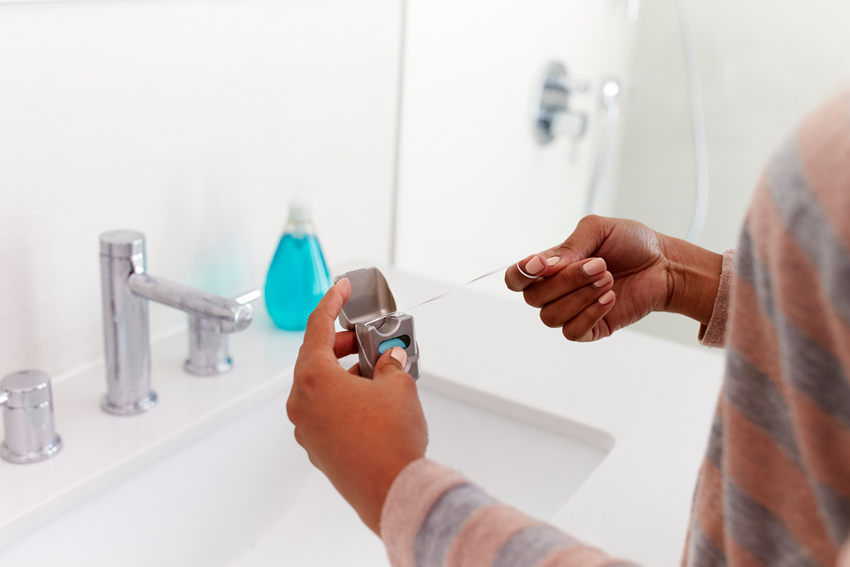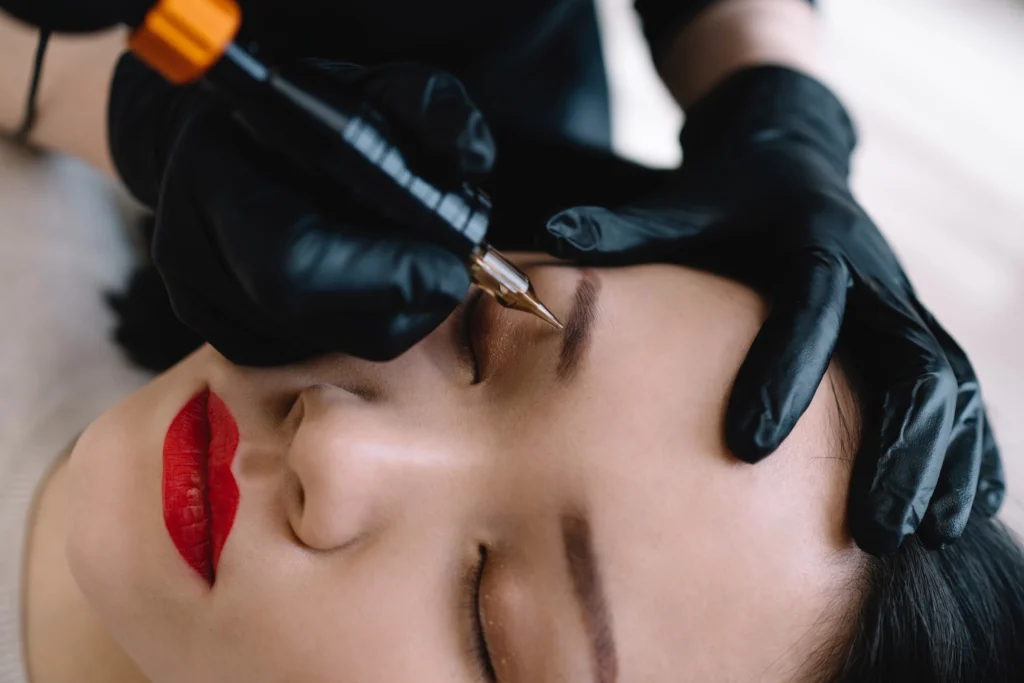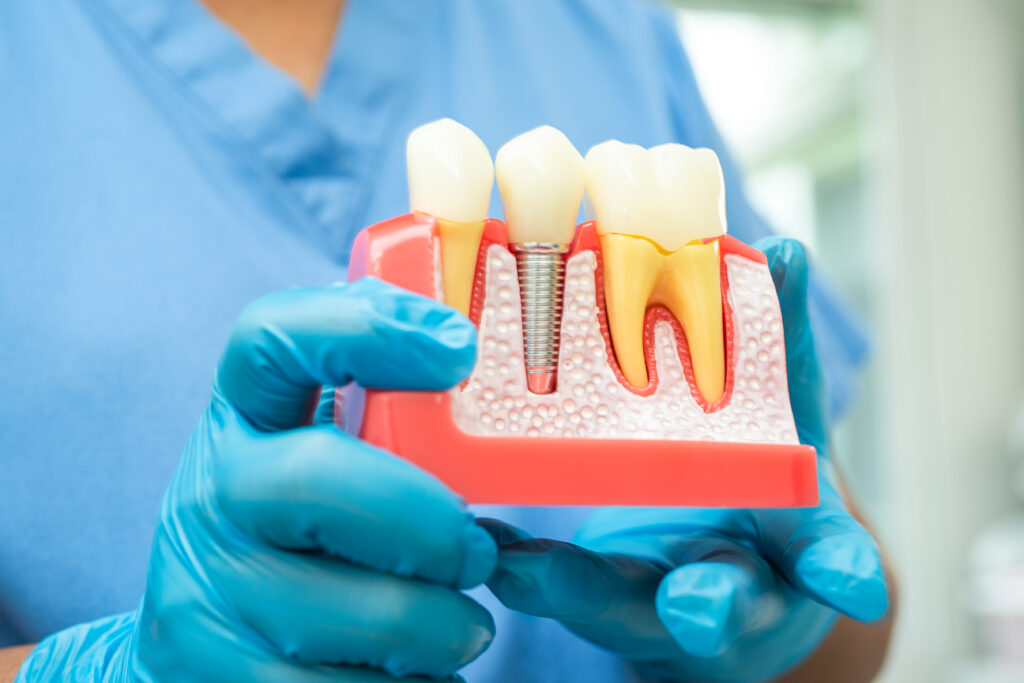
An excellent oral routine has many parts, but the two core components are proper brushing 2-3 times per day and proper flossing once per day. The former gets plenty of attention; everyone knows that a lack of brushing will lead to plaque buildup and eventual gum disease/tooth loss.
By focusing so much on brushing, many people let flossing fall by the wayside, either because they’re just going through the motions or foregoing it entirely.
But without proper flossing, your brushing efforts won’t be fully effective. Food that gets trapped between your teeth might not get caught by any amount of brushing, leading to plaque and tartar buildup.
The worst part is that improper flossing can lead to sensitive gums, making flossing a little harder with every day that you neglect it.
At Absolute Smile, we want everyone to know how to properly take care of their mouths to maintain a bright, healthy smile; in that spirit, we’ve put together 5 steps to a flawless floss that you can read below.
1. Prepare Your Floss the Right Way
There is a right way to prepare your floss for safe, effective, and clean flossing. Break off around 18 inches of floss and wrap the majority of it around one of your index or middle fingers, preferably on your dominant hand. Wrap the remained (should be one or two full wraps) around your other index finger.
By doing this, you can “feed” the dirty floss to the hand with less floss wrapped around it and draw on more clean floss from the main hand, preventing any particles from being inserted between a different pair of teeth.
2. Grasp the Floss the Right Way
Before you can start flossing your teeth, you have to grasp the floss properly. Grasp the floss tightly between each hand’s thumb and index finger. You should now have a half an inch to an inch of floss pulled taut between your hands.

3. Guide Floss Between The Teeth
Time to start flossing. Gently guide the floss in between your teeth, working back and forth if it gets stuck; don’t snap it through, as you could damage your gums, especially if they’re sensitive.
4. Bend Floss Around Each Tooth
Once your floss reaches your gum line, curve it into a C-shape around one of the two teeth. Gently guide it into the tiny area between tooth and gum.
While holding your floss against the tooth, carefully move the floss up and down the side of the tooth as you press against it. Repeat for all your other teeth, and don’t forget the backside of your molars in the back of your mouth.
5. Dispose of Floss When Done
A used piece of floss isn’t very effective and could actually deposit bacteria and particles back into your mouth. Don’t save it; throw it out once you’re done flossing.
Flossing is a critical yet underrated part of healthy oral hygiene habits. In addition to your regular brushing and flossing, regular dentist appointments ensure a clean, healthy mouth. Schedule an appointment today with Absolute Smile to get your teeth cleaned up.







